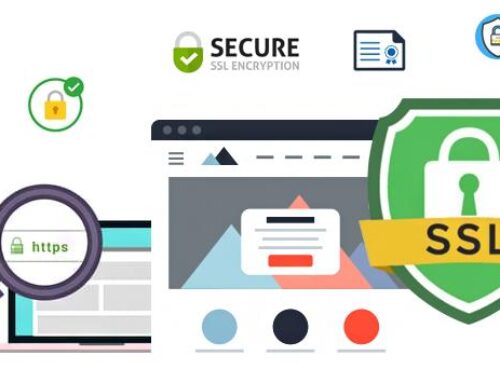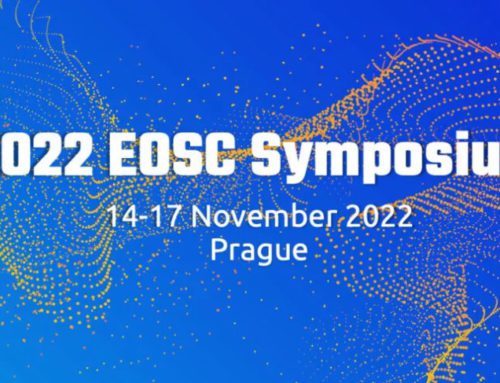Eduroam is a secure, global, Wi-Fi roaming service developed by the international research and education community, and available in more than 100 countries and 30,000 locations worldwide, including airports, train stations, and even vending machines.
It allows seamless Wi-Fi connectivity for students, researchers, and staff from participating higher-ed institutions — whether they are on their campus or visiting other participating institutions and community sites. Once they enter an eduroam-enabled space, their linked phones, tablets or laptops will immediately sign on to a secure internet connection.
Eduroam (education roaming) is an international Wi-Fi internet access roaming service for users in research, higher education and further education. It provides researchers, teachers, and students network access when visiting an institution other than their own. Users are authenticated with credentials from their home institution, regardless of the location of the eduroam access point. Authorization to access the Internet and other resources are handled by the visited institution. Users do not have to pay to use eduroam.
The service is provided at the local level by the participating institutions (universities, colleges, research institutes etc.).
In some countries, Internet access via eduroam is also available at other locations than the participating institutions, e.g. in libraries, public buildings, railway stations, city centres and airports.[1][2]
In Belgium, Belnet uses the eduroam technology to provide a similar service to Belgian public administrations under the name govroam.[3] A govroam service for municipalities in the Netherlands was launched in October 2013.[4] A govroam service launched by Jisc followed in the UK in November 2016.[5][6]
Share This Story, Choose Your Platform!
Recent posts
Vizitë në SHFMU ”Dy Dëshmorët ” në Piranë
Gjatë kësaj jave, SHFMU ''Dy Dëshmoret'' në Piranë u vizitua nga ...
TestAB
FORM 1
Aktivizohet rrjeti KREN në shkolla fillore dhe të mesme në Kosovë!
Aktivizohet rrjeti KREN në shkolla fillore dhe të mesme në Kosovë! ...
Related posts
If you enjoyed reading this, then please explore our other articles below






